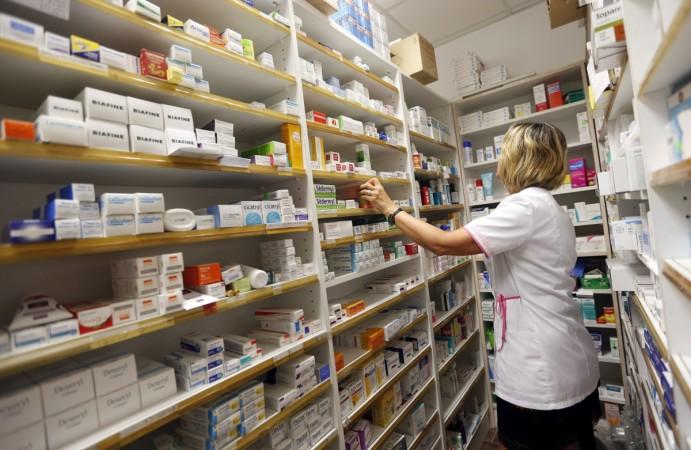
Nearly 39 Indian drug companies, including Aurobindo Pharma, Cadila and Mcleods Pharmaceuticals have been blacklisted by Vietnam for quality standard violations.
Antibiotics made by Aurobindo and Mcleod, and Cadila's anti-rabies vaccine Lyssavac have been banned. Along with the Indian companies, the Vietnamese drug regulator has also banned companies from Bangladesh and South Korea on its website, but has not specified the reason for the ban.
Lyssavac, Cadila's anti-rabies vaccine was also banned by World Health Organisation in January this year. A representative of a banned company casted doubt on the samples collected and said that problem is with the retail stores who do not follow proper storage methods.
"Certain storage conditions need to be maintained for some products. Our control samples are absolutely fine. The products were banned on the basis of one sample. We will approach the Vietnamese regulator soon," a senior executive of a blacklisted company was quoted saying to Economic Times.
An investor relation spokesperson for Aurobindo Pharma was said "Our sales to Vietnam is just around $1 million in a year and hence does not matter much. Regulatory authorities have introduced additional steps for testing before the release of the batch."
However, industry estimates peg the overall market size at over $2.6 billion and expected to hit $8 billion by 2020. But a similar ban imposed by Vietnam imposed on 45 Indian companies in 2014 caused a significant dip in Indian pharmaceutical products to Vietnamese market. According to livemint, who relied on official commerce ministry data, exports fell 12% to $146 million in 2015-16 from $165 million in the previous fiscal year.
The companies included in the Drug Regulatory Authority of Vietnam's black list for regulatory non-compliance in 2014 included companies such as Strides Arcolab Ltd, Medley Pharmaceuticals Ltd, Marck Biosciences Ltd, Marksans Pharma Ltd and Umedica Laboratories Pvt. Ltd.
Since the first ban, there have been some official attempts to investigate and verify the claims that led the companies to get black listed. In 2015, the CDSCO and Pharmaceutical Export Promotion Council of India (Pharmexcil) had held a strategic meeting with their Vietnamese counterparts to address the issue. Earlier, last month as well, it was announced that the ministry of commerce and industries is planning to set up a committee, along with the Central Drugs Standard Control Organization (CDSCO).
It is suggested that if the claims of the Drug Regulatory Authority of Vietnam is validated and verified, then the commerce ministry may resort to cancelling or suspending the Import Export (IE) code of the companies.
The IE code is a registration issued by the Directorate General of Foreign Trade and is required for importing or exporting goods and services from India.
Suspension and cancellation of the IE code could be done, as per the Foreign Trade (Development and Regulation) Act if "the Director General has reason to believe that any person has made an export or import in a manner gravely prejudicial to the trade relations of India with any foreign country or to the interests of other persons engaged in imports or exports or has brought disrepute to the credit or the goods of the country," according to dgft.com














